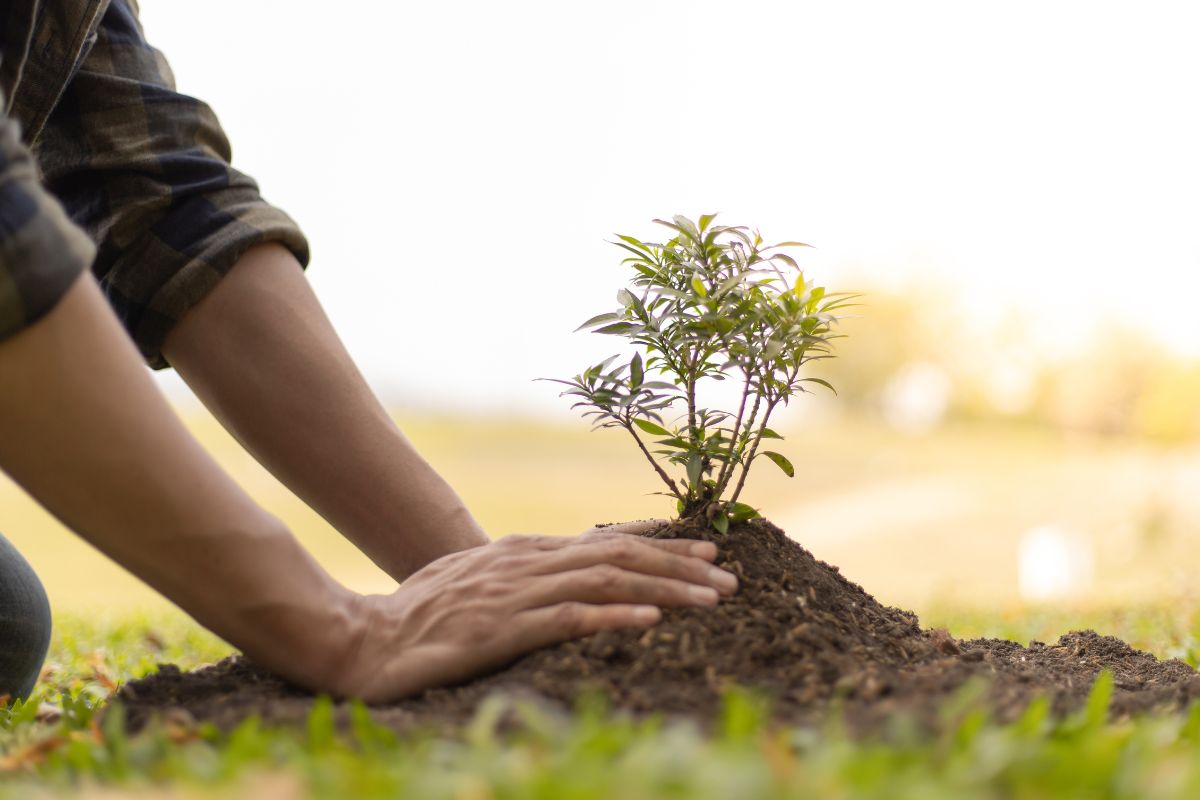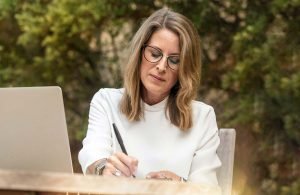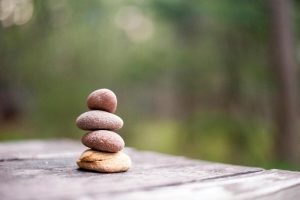As a coach supporting clients in today’s world of disheartening news headlines and seemingly endless bad news, self-care and kindness has to be top of mind—and my catch-cry, for those who have worked with me, will have heard me say: “Change your way of thinking to change your world”.
Twice this week in coaching sessions, clients have commented on the deliberate choices they have made to see their situations in the workplace in a different way—to not take on what they cannot control. I talk about it as caring with a lowercase ‘c’, not a capital ‘C.’ And they have noticed a real shift in their state of mind, a rise in their resilience, an increase in their bandwidth and a gaining of new perspective.
Having a growth mindset and putting it into action requires discipline and deliberate action to disrupt our thinking, especially the downward-spiraling kind. It means taking advantage of, acknowledging and embracing the fact that we have a choice. Choice is something we often forget about, as we are hard-wired to think of the worst. It’s a survival mechanism.
One of the things that trumps this growth mindset is dualistic thinking.
I’m the first to admit that it took me a while to get my head around non-dualistic thinking. We have been so conditioned to think in a dualistic way that it’s ingrained in most of us. From the time we can make conscious decisions and through most of our educational journeys, we’ve been taught to think in a dualistic way. We’ve been expected to choose, pass judgement and justify a position on anything and everything: our views on politics, history, ethical issues in science, economics, society and culture, religion or climate change; to the smaller questions of life around one’s favourite pastime, sport or flavour.
That is, until one stumbles upon another way of being and thinking.
I think it might be prudent to start by understanding dualistic thinking which, in my opinion, is, for most of us, default thinking and a little easier to understand. Fr Richard Rohr, Franciscan Friar and Founder of the Centre for Action and Contemplation in New Mexico, captures it best when he writes:
“The dualistic mind is essentially binary, either/or thinking. It knows by comparison, opposition, and differentiation. It uses descriptive words like good/evil, pretty/ugly, smart/stupid, not realizing there may be a hundred degrees between the two ends of each spectrum. Dualistic thinking works well for the sake of simplification and conversation, but not for the sake of truth or the immense subtlety of actual personal experience. Most of us settle for quick and easy answers instead of any deep perception, which we leave to poets, philosophers, and prophets…We do need the dualistic mind to function in practical life…It’s helpful and fully necessary as far as it goes, but it just doesn’t go far enough. The dualistic mind cannot process things like infinity, mystery, God, grace, suffering, sexuality, death, or love; this is exactly why most people stumble…Nondual consciousness is a much more holistic knowing, where your mind, heart, soul, and senses are open and receptive to the moment just as it is.”
Being open to knowing and, indeed, possibilities underpins a growth mindset.
Non-dualistic thinking requires us to live with grace—to be more vulnerable, more open, and accepting. To be and remain curious and inquisitive. To be nimble and authentic. To live in the Truth of the moment, as life doesn’t always go to plan or pan out as we expect or desire.

In some ways, non-dualistic thinking allows us more freedom, more ebb and flow and greater connection with the present moment, consciously responding by considering, “What is this moment truly asking of me?”. Not all situations have an answer one way or another.
Sometimes, what is called for is another way. A new way, an uncharted way, or even a way that requires a leap of faith. These are all important to embrace if we are to be exemplary leaders of our time.
Having a growth mindset and putting it into action requires discipline and deliberate action to disrupt our thinking…
Brene Brown, Professor and Storyteller who has been researching vulnerability, shame, courage and empathy for over 20 years, believes, “Choosing to be curious is choosing to be vulnerable because it requires us to surrender to uncertainty.” In the fast-paced age where even the world’s top CEOs are asking for a 6-month moratorium on tech developments in the AI realm, where uncertainty and ambiguity are a given, a growth mindset ensures we navigate the best possible values-based way to respond, live and address the most fundamental of issues surrounding our every day.
In closing, here are four things to embrace as we navigate our daily lives and confront the social conditioning that traps us in a dualistic mindset:
- Be curious.
- Stay open to possibilities.
- Acknowledge and accept that we don’t have control over everything and take responsibility for that which we do.
- Be kind to yourself and others.

Trish Favretto-Dicer
Patricia Favretto-Dicer established Wisdom in One in 1997. She is a highly regarded Executive Coach-Mentor, Life Coach and Career Coach. She resides in Australia's capital - Canberra with her husband and young adult son. Her practice is underpinned by a possibilities mindset and intuitive approach, as well as her ability to leverage clients' own inner-wisdom, knowledge, skills and attributes. She works with clients to harness kind leadership, build positive workplace culture and collective wellbeing.
















Be First to Comment